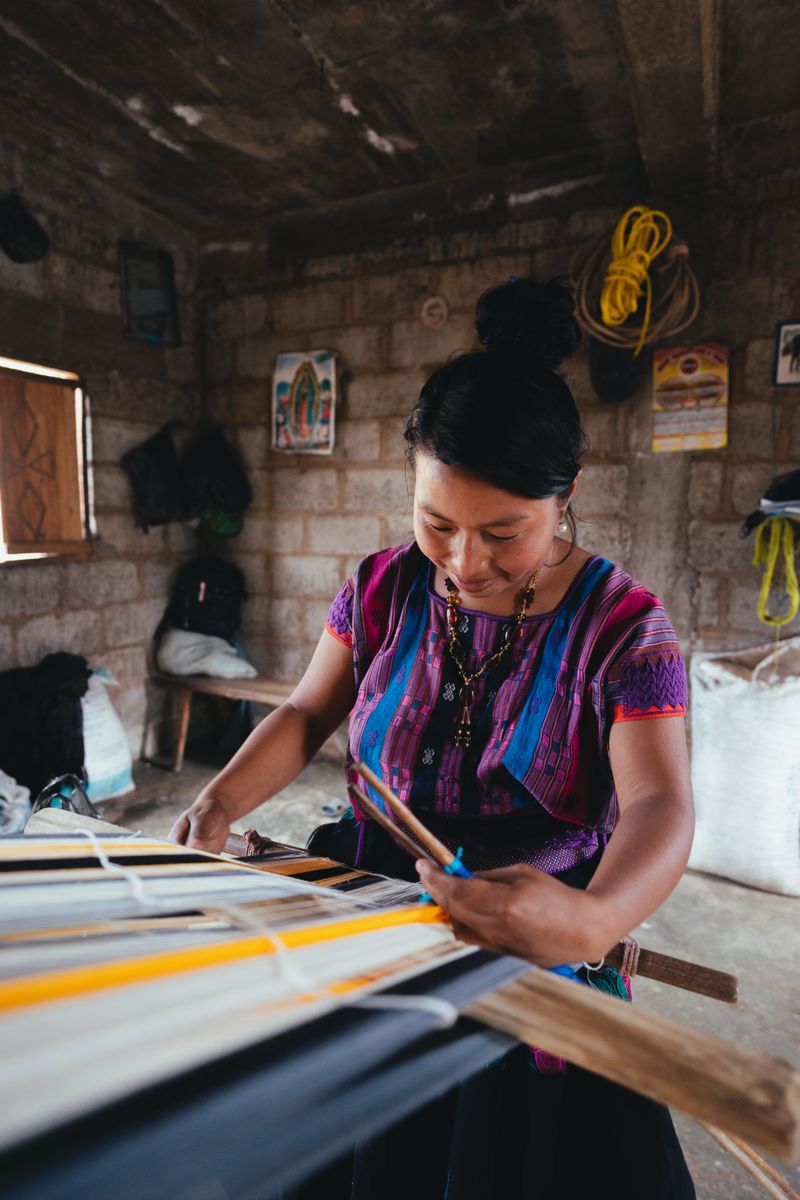Table of Contents
Panama‘s Indigenous Community in Urgent Need of Support for Relocation
Panama‘s Guna Indigenous people living on the island of Gardi Sugdub face imminent threats to their rights due to sea level rise and overcrowding. Despite planning their relocation to a safer mainland site for over a decade, the community has been faced with delays and incomplete support from the government. Human Rights Watch (HRW) has called on Panama to provide immediate assistance to the Gardi Sugdub community to ensure a dignified relocation and to develop a national policy to safeguard human rights in future climate-related relocations.
Challenges Faced by the Gardi Sugdub Community
Gardi Sugdub, a tiny island of around 1,300 people, is part of the Guna Yala autonomous region in Panama. Originally a refuge for the Guna Indigenous people, the island now faces multiple challenges. There is no room for expansion, and flooding caused by rising sea levels is impacting the residents’ access to adequate housing, health care, education, and cultural preservation. Recognizing the inevitability of future sea level rise, the community decided to relocate to the mainland as a last resort.
Delays and Inadequate Support from the Government
The relocation of the Gardi Sugdub community has been plagued by governmental delays and broken promises. President Laurentino Cortizo initially promised that the new relocation site would be ready by September 25, 2023. However, the Housing Ministry recently postponed the date to February 2024. The community has expressed frustration and disappointment with the repeated delays, as they fear that the new timeline will not be met.
Human Rights Watch conducted over 40 interviews with community members and others involved in the relocation process. The organization found that without prompt government action, the new site may not meet the community’s needs for an adequate standard of living and could threaten their access to essential services such as water, sewage, trash management, healthcare, and education. The proposed site for a small health center had not even been prepared for construction as of April.
The Importance of Community-Led Relocation
The experiences of the Gardi Sugdub community highlight the importance of community-led relocation efforts. Planned relocation should prioritize human rights principles such as meaningful participation, informed consent, and nondiscrimination. It is crucial for communities to be actively involved at all stages of the relocation process.
Lessons for Panama and the International Community
Panama should learn from the experiences of the Gardi Sugdub community and develop the first national policy in the Americas to safeguard the rights of people during planned relocations. Other countries, such as Fiji and the Solomon Islands in the Pacific, have already established policies for planned relocation. The international community should also build on the lessons learned from the Inter-American Development Bank’s community-engaged support for Gardi Sugdub.
As planned relocations become increasingly necessary due to climate change, it is crucial to anticipate and plan for future rights violations. Governments worldwide should adopt anticipatory, inclusive, and rights-respecting approaches to ensure the well-being of communities facing displacement.
Opinion/Editorial: Relocating communities due to climate change is a complex and challenging task that needs to be approached with utmost care and respect for human rights. The case of Gardi Sugdub in Panama serves as a wake-up call for governments and international organizations to prioritize the rights and dignity of affected communities. Failure to provide timely and adequate support can lead to further suffering and violations of fundamental human rights. It is essential that we learn from the experiences of Gardi Sugdub and take proactive measures to address climate-related relocations in a just and equitable manner.
Advice: For Panama, the immediate priority should be to fulfill its promises and provide immediate support to the Gardi Sugdub community. This includes ensuring the timely completion of the relocation site and addressing infrastructure and service gaps to guarantee a dignified standard of living for the residents. The government should also commit to transparency and open communication with the community, keeping them informed about timelines and budgetary changes. Additionally, Panama should take the lead in developing a comprehensive national policy that upholds human rights during planned relocations.
For the international community, it is crucial to build on the lessons learned from the Gardi Sugdub relocation process and support community-led efforts to address climate-related displacements. Development banks and other international organizations should provide extended timelines and ongoing monitoring to ensure that planned relocations receive the necessary long-term support. By adopting a human rights-centered approach, we can mitigate the potential risks and violations faced by vulnerable communities and work towards a more just and sustainable future.

<< photo by Los Muertos Crew >>
The image is for illustrative purposes only and does not depict the actual situation.